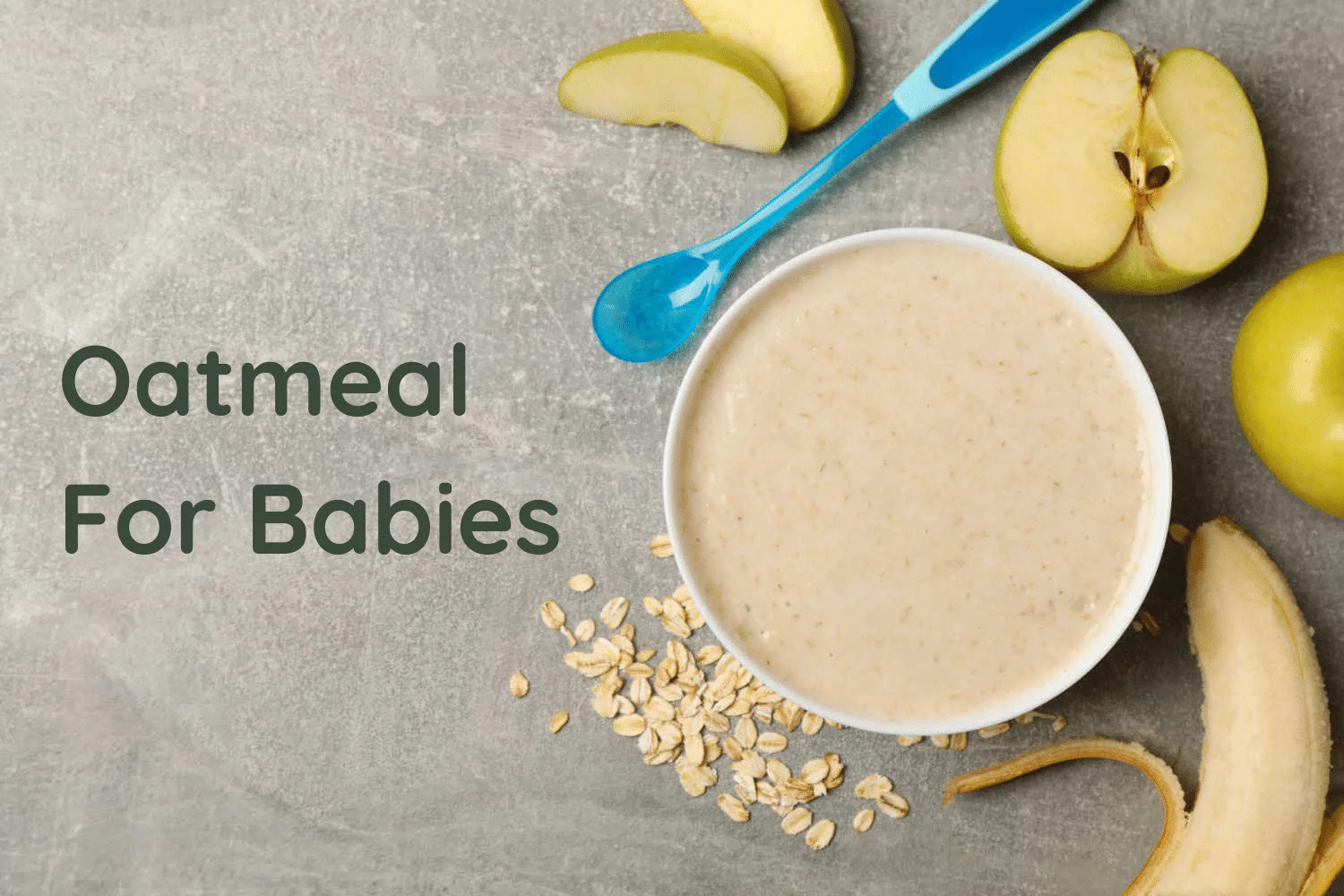
How Often Do Newborns (1-3 Months) Need To Be Fed?
4 min readWritten by Editorial Team


Newborns will get all nutrition they need from the breast milk. If you are not in a position to breastfeed your baby, you can opt for an age-appropriate, doctor-recommended formula. Your doctor might even suggest a combination of breast and formula milk. The important thing to remember here is that do not feed your baby anything other than breast milk or formula milk. Not cow’s milk. Not even water. No matter what anyone says.
Now that you have got your bundle of joy securely in your arms, it is time to think about feeding the child. We try to answer some commonly asked questions on newborn baby schedules in this write-up.
In This Article
- How Often Should The Newborns Be Fed?
- How Will I Know My Baby Is Getting Enough Milk?
- Should A Sleeping Newborn Be Woken Up For Feeding?
- How Does The Feeding Schedule For Premature Babies Vary?
- How Much Should The Baby Drink During Each Feed?
- Ways To Avoid Too Much Spitting Up?
How Often Should The Newborns Be Fed?
Most newborns need 8-12 feeding sessions in one day. However, this varies slightly for breastfed babies and formula-fed babies. Babies evolve in their feeding cycles and consume more milk during each feed gradually.
Feeding Schedule For Exclusively Breastfed Babies
These babies tend to feed more often than formula-fed babies. For the initial 2 months, they will require a feeding every 2-3 hours. By the third month, their tummy’s capacity will grow, leading to more milk intake during each feeding session and hence a lesser number of feeding sessions.
Let your baby take the lead here. You do not need to offer her milk every time she is awake. She will show signs of hunger by being cranky, irritable, or alert, putting her fingers in her mouth, or smacking her lips. Watch out for such hunger cues
Feeding Schedule For Formula-Fed Babies

The formula takes more time to digest than mother’s milk because it is not natural. This is the reason formula-fed babies feed less frequently than their exclusively breastfed counterparts. On average, they will require a feed every 3-4 hours. Again, by the third month, the frequency of the feeds will reduce and you can generally increase the amount of formula prepared by a few milliliters after consulting with the doctor
Feeding Schedule During Growth Spurts
All the above-mentioned schedules go for a toss during growth spurts. In these few days, they will feed more often and longer. This is completely normal and does not mean they are not getting enough during each feed. They will go back to their normal schedule after a few days
How Will I Know My Baby Is Getting Enough Milk?
After a few weeks post the baby’s birth, the feeding times take longer, babies drink more milk and wake need to feed less often, and sleep for longer periods. The baby should seem alert and content should be gaining weight, and should be soiling diapers regularly.
Should Sleeping Newborns Be Woken Up For Feeding?
This generally depends on the age, weight, and general health of your child. But as a rule, it is better to wake your baby for feeding every 2-3 hours for the first 2-3 weeks. This is because your baby loses up to 10% of her birth weight during the initial days. So a systematic feeding schedule will help her regain her lost weight and start a normal weight gain pattern.
Once this is achieved – mostly after the initial month – then you need not wake up a sleeping baby for her scheduled feed. Do on-demand feeding – meaning feed only when the baby demands.
How Does The Feeding Schedule For Premature Babies Vary?

The above-mentioned feeding schedules do not apply to premature babies who come with special nutritional needs. Please check with your doctor about the feeding schedule as it needs to be customized for each child. Broadly, preemies require more frequent feedings of lesser quantities than full-term babies. Additionally, your doctor might recommend iron and vitamin supplements.
How Much Should The Newborns Drink During Each Feed?
This should be baby-led. Your baby will give you enough cues about if her little tummy is full or if she needs more. Watch out for her mood, activity level, bowel movements, and so on to get an idea. If you are worried about whether your child is fed well or if your child demands a feed much more frequently than is described in this article (e.g. every hour), then read this piece here.
If your baby is formula-fed, do not try to finish the bottle every time. Keep in mind that feeding has to be baby-led. If she has had enough, she has had enough.
Ways To Avoid Too Much Spitting Up?
Spitting up is very common and normal. However, you can reduce the chances of spitting up by doing the following:
- Understanding your newborns hunger schedule and starting the feeding before the baby feels hungry. This avoids gas build up in the stomach, reducing spit ups
- Keeping the baby slightly upright during the feeding, and not fully horizontal
- Avoiding overfeeding
- Burping in regular intervals
- Avoiding rough play with the baby
Read more about spitting and burping babies here

Editorial Team,
With a rich experience in pregnancy and parenting, our team of experts create insightful, well-curated, and easy-to-read content for our to-be-parents and parents at all stages of parenting.Read more.
Responses (0)
Want curated content sharply tailored for your exact stage of parenting?
Related articles

Itsy Bitsy Spider Rhyme For Babies

Top 6 Best Counting Books For Babies in First Year

Top 100 Super Sweet and Lovely Baby Smile Quotes

Bedtime Fading Method of Sleep Training Your Baby – Know All About it

Oatmeal For Babies – When to Introduce, Benefits and How to Feed

Top 8 Best Bedtime Story Books For Babies in First Year
Sponsored content
Discover great local businesses around you for your kids.
Get regular updates, great recommendations and other right stuff at the right time.





